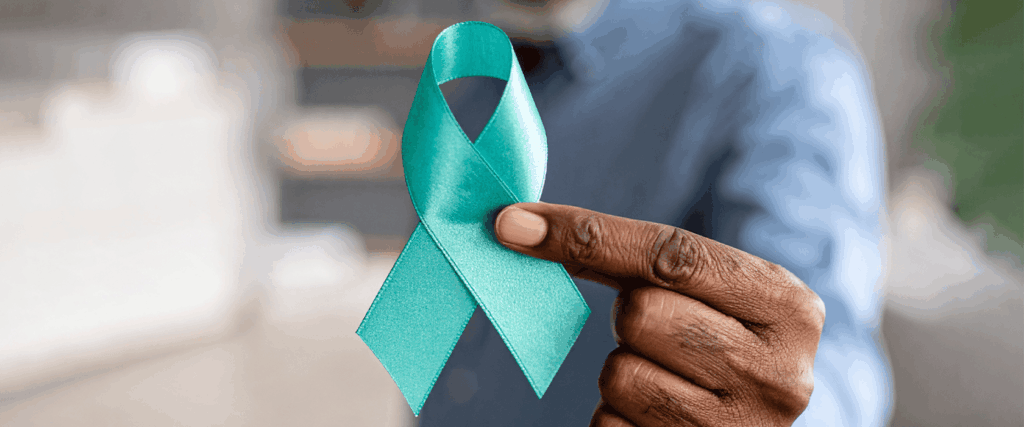
Mental Health Support for Seniors: Recognizing PTSD Awareness Month
PTSD (Post-Traumatic Stress Disorder) Awareness Month offers an important opportunity to discuss mental health challenges affecting seniors.
While physical health often takes center stage in senior care conversations, emotional well-being is equally important for overall wellness. Let’s explore PTSD awareness and how proper mental health support benefits older adults.
Understanding PTSD Awareness Month
PTSD Awareness Month is observed each June, dedicated to raising public awareness about post-traumatic stress disorder. The observance began in 2010 when Congress named June 27th as National PTSD Awareness Day, which later expanded to recognize the entire month for education and outreach efforts.
PTSD can affect people of all ages, including seniors. It develops after experiencing or witnessing traumatic events such as military combat, accidents, natural disasters, or physical assault. For many seniors, PTSD symptoms may emerge from traumas experienced decades earlier or from more recent life changes.
PTSD in the Senior Population

Older adults may experience PTSD differently than younger populations. Some seniors have lived with PTSD since earlier in life, while others develop symptoms as they age. Common triggers among seniors include:
- War experiences (particularly for veterans)
- Loss of loved ones
- Medical procedures or health crises
- Falls or accidents
- Elder abuse or neglect
The impact of these experiences can become greater by additional challenges that come with aging, such as social isolation or health concerns. Many seniors grew up in generations where discussing mental health was discouraged, making them less likely to seek help or even recognize their symptoms as treatable.
Signs of PTSD in Seniors
Recognizing PTSD in older adults can be challenging, as symptoms may be mistaken for other conditions or dismissed as normal aging. Key indicators include:
- Sleep disturbances or nightmares
- Avoiding activities or places that trigger memories
- Heightened irritability, sudden anger, or feeling on edge
Family members and caregivers should pay particular attention to changes in behavior following significant life events. A senior who becomes unusually withdrawn after a medical procedure or who experiences increasing nightmares after moving to a new living situation may be experiencing PTSD symptoms that deserve professional attention.
Integrated Approaches to Mental Health Support
Mental and physical health are deeply connected. For seniors experiencing PTSD or other mental health challenges, integrated care approaches lead to the best results. Professional mental health services specifically designed for older adults can make a tremendous difference in quality of life.
These mental health specialists understand the unique needs of seniors and can provide appropriate treatment options, including talk therapy (with cognitive behavioral therapy being particularly effective for PTSD), medication management when appropriate, and support groups with peers who share similar experiences.
Physical wellness support also plays a crucial role in mental health outcomes for seniors. Regular medical checkups, proper medication management, and physical therapy when needed all contribute to overall wellness. Many seniors find that attention to sleep quality and nutrition also significantly impacts their mental health status. When these physical needs are addressed alongside emotional needs, seniors experience more comprehensive improvement
The Value of Home Care Services

For many seniors, home care services provide vital support for both physical and mental well-being:
- Regular human connection reduces isolation that can worsen PTSD symptoms
- Assistance with daily activities reduces stress and anxiety
- Medication reminders ensure proper treatment for both physical and mental health
- Early recognition of changing mental health needs
In-home caregivers also serve as important observers who can notice subtle changes in a senior’s mental state that might indicate developing problems. Additionally, receiving care in familiar surroundings can help seniors feel more secure and comfortable, particularly important for those struggling with trauma-related anxiety.
Community Support and Resources
Community engagement significantly benefits seniors facing mental health challenges. Senior centers often host educational workshops about mental health and provide social activities that combat isolation. Veterans’ organizations and resources, like the Veterans Crisis Line, offer specialized support for those with military service, including PTSD resources specific to combat experiences.
Additionally, volunteer opportunities provide purpose and community involvement that strengthen a sense of self-worth. For seniors with limited mobility, many communities now offer remote or virtual participation options that can be accessed from home.
Supporting Senior Mental Health as Caregivers
Family members and caregivers play an essential role in supporting seniors’ mental health by:
- Learning about PTSD symptoms to recognize potential concerns
- Creating space for seniors to share difficult memories without judgment
- Maintaining consistent routines that provide security and stability
- Helping seniors stay connected to their support networks
- Encouraging professional help when needed
Moving Forward with Compassion

PTSD Awareness Month reminds us that mental health deserves our attention at every stage of life. For seniors, addressing PTSD and other mental health concerns leads to greater overall well-being and quality of life.
Whether through professional mental health services, in-home care, or community support, seniors deserve compassionate approaches to wellness that address both mind and body. By recognizing the importance of mental health in our senior population, we take an important step toward healthier, more fulfilling lives for older adults.
This PTSD Awareness Month, let’s commit to supporting the complete well-being of seniors in our families and communities, recognizing that true health encompasses both physical and mental wellness.
You Might Also Like

Tech Alone Doesn’t Keep Seniors Safe – People Do
